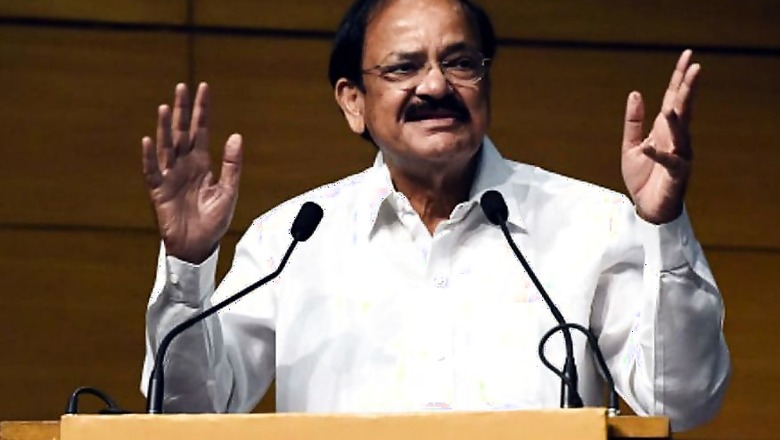
views
Kochi: Indian history is replete with those who have significantly advanced human knowledge, with surgeons from the era capable of performing complex medical procedures like cataract and plastic surgery, Vice-President M Venkaiah Naidu said on Monday.
He said besides surgeons, many scientists, mathematicians, physicians, chemists, metallurgists, astronomers and a number of innovators in ancient India have significantly advanced human knowledge.
Naidu was addressing a function organised to honour young scientists in Kalady, the birthplace of Adi Shankaracharya, about 45 km from Kochi.
"One recalls a number of such illustrious names like Aryabhata, Pingala, Brahmagupta, Bhaskara, Varahamihira, Charaka and Sushrutha. India gave the concept of zero and the binary system to the world, " he said.
"We knew how to make steel alloys and smelt zinc. Our ancient surgeons could conduct many complicated surgeries, including plastic surgery and cataract surgery," he said.
He conferred the Adi Shankara Asianet News Young Scientist Awards 2018 at the Adi Shankara Institute of Engineering & Technology, Kalady.
Naidu said the award was an eloquent testimony to the inquisitiveness, ingenuity and innovative initiative inherent in young India.
He said along with "gross national income",the focus must also be on how Science and Technology can foster greater happiness and better quality of life, as well as harmonious inclusive societies.
"Knowledge must lead us to become wise and we must have the wisdom to use the knowledge we acquire for improving our lives," Naidu said.
The vice president said one should draw inspiration from the best in Indian tradition, remove the "deadwood" accumulated over the years and revitalise the nation.
Noting that nearly two third of the country's population is aged below 35 years, Naidu said if youth can acquire the right mix of knowledge, skills and attitudes required for the 21st century, the dividends to growth and development could be enormous.
"Advancement of human knowledge has occurred in our country because of the spirit of enquiry, the ability to question, the ability to research and the ability to arrive at the truth," he said.
The vice president said three qualities were needed to achieve excellence, the first of which was willingness to learn from each and every person, institution and learning resource.
The second is the ability to probe, analyse and synthesise and the third, to search for out of the box solutions to the problems at hand, he added.











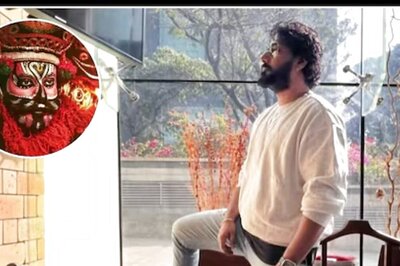
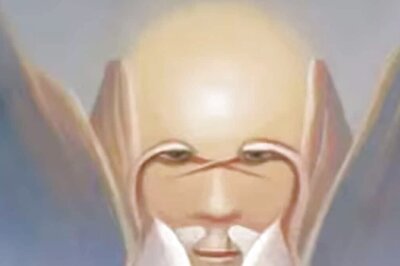
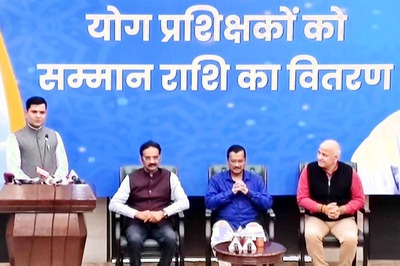



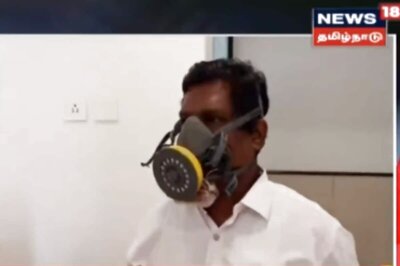
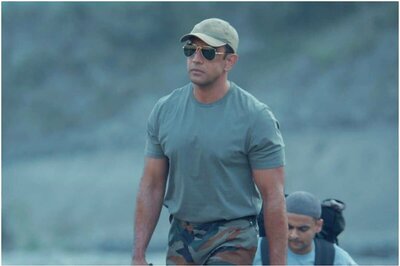
Comments
0 comment